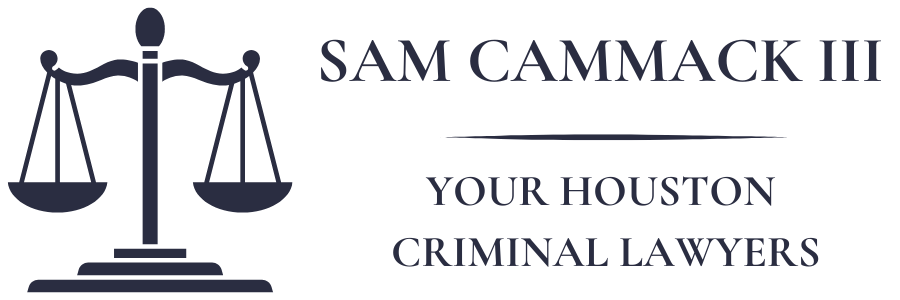In the United States, there are tens of thousands of laws and statutes that aim to regulate society and encourage a sense of community. These laws are developed to protect people from harm and injustice. Unfortunately, though, crime happens, which is the reason why there are many law schools that help students become criminal defense attorneys. Criminal lawyers can make decent salaries because of the frequency by which they work, but also because the best attorneys can consistently produce favorable verdicts or consequences for their clients.
One reason why many law students consider becoming a criminal defense attorney is because some of the most common court cases are the result of charges filed against a person for breaking a particular law. Here are a few of the most common criminal charges in district and justice courts around the United States:
TRESPASSING
Trespassing is, probably, one of the most common laws broken in America. This is due to the fact that private property is everywhere and it is very easy to nonchalantly cross from a public sidewalk to a private yard. Most of the time nobody thinks anything of it and it isn’t really a problem. A criminal defense attorney might explain, though, that criminal trespassing is dictated by the communication of the property owner (or the proprietor or guard, etc.) to the violator that they are on private property and need to leave. The crime, then, occurs when a violator refuses to leave. This usually results in a fine of around $1000.
OBSTRUCTION
Obstruction is the term used to describe the interference or impeding upon of another person’s ability to move freely in a public place. You could be in a vehicle and blocking the path of another vehicle or of a pedestrian. You could be a pedestrian that refuses to move out of the way of another person or a vehicle. This is most commonly charged in regards to an individual who is interfering with a police investigation (preventing officers from arriving to a scene, etc) and usually results in a reasonable fine.
OFFENSIVE CONDUCT OR LANGUAGE
Criminal defense attorneys probably encounter this charge quite a bit in highly-populated areas. This charge is exactly as it seems: it is illegal to use overly offensive language or behavior in public areas where it might offend people. It is also risky to do these things because of the presence of minors and the statutory laws that come along with them.
ASSAULT
Criminal defense attorneys might tell you that this can be a tricky charge because there is “verbal assault” and “physical assault.” Basically, if you do (or say) anything that is unnecessarily violent or aggressive, you can receive this charge, which can result in fines and jail time.
PROPERTY DAMAGE
Another common charge is that of property damage. It should be pretty self-explanatory, but it is against the law to maliciously destroy or damage the property of another person. This charge carries a maximum charge of 10 years in prison depending on the force used (i.e., with tools or explosives, etc.)
